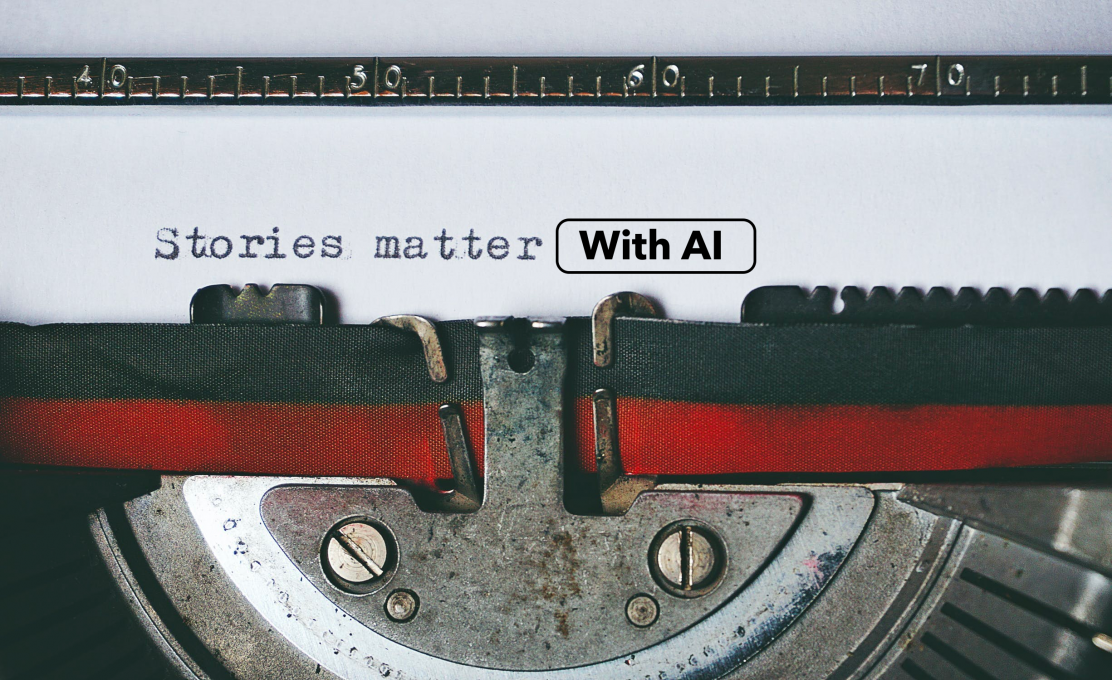
For more than half of a century, we have been relying on television for our daily dose of news and entertainment. However, things are fast changing. Now newsrooms are invaded by Artificial intelligence (AI). Xinhua News Agency’s first AI news anchor is hitting the lines.
This pops up number of
questions like:
- What
exactly AI will do?
- What will
be the role of future journalists?
- Till what
extent will the collaboration between human and AI will go?
- What do
media businesses stand to gain and lose?
AI will be the next step in journalism and mass communication. Similar trend that we saw in other verticals such as,
- Social
media
- Digital
tools
- Online
platforms
- Communication
devices
AI in News Media
AI assisted journalism
is the future of News Media. It will help the media companies in solving three
major bottlenecks:
- There is a
constant flow of information. This bombardment of data make people more
confuse. AI will help in avoiding information overload, by summarizing effectively. And avoiding
duplication.
- The
credibility of journalism is falling. This is causing decrease in
reliability. Thus, with machine learning, the credibility issues will be
solved. Reaching to the source of a news item won’t be a difficult task.
- AI will
make an increasing and engaging business model for media owners. By
weeding out the not so important stuff. And pruning the relevant
information for individual and communities. It will surface accurate and
useful information.
Challenges for AI in
Journalism
Like in any other
sectors, the machine learning technology can be misused. In journalism, it
might lead to:
- Clickbait
- Fake news
and disinformation
- Propaganda
- Trolling
- Malicious
content
These are not alone.
There are some implementation roadblocks too, for instance:
- Meaningful
stories – programming narratives are not an easy task. Plus, storytelling
is something that is inherent in humans. Coding them into machines will
not surpass human imagination.
- Cross checking facts – machines need human supervision for verifying facts. And for this skilled journalists would be required.
- Quality
checks – AI can handle quantity efficiently. However, human editorial team
would be required to check the quality parameters.
AI is transforming the
workplace
Humans in collaboration
with AI will create a new information ecosystem. Some of the remarkable
applications would be:
- Organizing
and presenting - plenty of data
- in form of stories that are trending in
o Vlogs
o
Blogs
o
Forums
o
Discussions
o
Events
o
Interviews
o
Chats
o
Social
Media
- Instant
response to breaking news, timely telecasting cross verticals
- Tracking
well-timed after effects during climatic disaster or terror attacks
- Presentation
autonomous bots for basic reporting like weather and reading script
- Filtering
data in terms of cutting down duplication
- Machine
learning verification technology can be gamed for,
o
Fact
checking
o
Hate
speech
o
News
creating community fear and riots
- Editorial
planning
- Marketing
- Data
mining for investigative journalism
- 20% of all Google
search is happening through voice.
Voice platforms like Alexa/Google assistant will help citizen journalists
in voicing out timely news from the ground level.
Artificial Intelligence’s impact on Journalism
AI, like in any other field, will surely influence the sector of
journalism as well. Journalists need to understand AI much before it disrupts
their workplace.
They need to have a thorough understanding of physical and
organizational structures that facilitates the working of artificial
intelligence.
They must be aware of datasets and information that goes into the
systems. And the source of all these information.
Journalists need to understand that these datasets can be pulled
together and compromised. That can easily manipulate the result of the system.
Does that mean journalists need to learn programming or python to
be more specific?
Not at all, by having a solid understanding of AI infrastructure
we mean, acquiring developers approach to solving problems.
By approaching with this attitude, it will become easier for
journalists and other non-technical staff to understand how these systems are
designed and built.
Their insight would further, help in framing modules that will
assist in reporting news, articles and related content. Thus, resulting in a
better understanding of how AI systems will gradually impact journalism.
Is AI a threat to
Journalism?
Technological
advancement always come with a threat and AI too has its negatives when it
comes to journalism. Here are some of the disadvantages of AI assisted
journalism:
- Automated
journalism – the debate between instincts versus analysis is still on. At times,
writing news reports involves instincts. And it’s difficult to code
instincts into machines.
- No self
awareness – the AI might send out signals of news items to sensitive areas
during unwanted time thus creating chaos.
- Lack of
authenticity
- Redefining
copyrights
- Accountability
However, the AI will have an upper hand, as it will surely support journalism in:
- Content
gathering
- Content
creation
- Moderation
- Scale
- Real
time reporting using robotic cameras
One of the best examples is The Washington Post. It started using its own AI technology, Heliograf. It churn out nearly 300 short reports and alerts on the Rio Olympics.
New Tech Paradigm Around AI Assisted Journalism
Does mainstream
journalism prepared to take human - machine collaboration face to face? It’s
difficult to tell. Bigger media houses are ready but what about the smaller and
conventional ones.
There is need for new
set of rules and regulations. It would be difficult to hold AI responsible for
content creation and the sources. Issues like trust and transparency have to put in black and white tabs.
Developers gaining power at the expense of journalists or the public would not be justified. Neither will it fall into the progressive spirit of AI.
Case study: Human and AI
assisted journalism
Let’s talk about a scenario of a media house that is powered by both human and AI. Human editors will determine the direction of the flow of the story. While AI will take care of the presentation of the content and possible outcome.
The flowchart would look
something like this:
- Editors
creating narrative templates
- Adding
keywords resulting possible outcomes for instance “House Loans leading The
Big Bubble Again” to “The College Debt Bubble is Becoming Dangerous”.
- Introducing
AI with a structured form of data
- AI or the
machine learning initiates the following process
- Identify
related and relevant data
- Matches
it with corresponding phrases that is present in template
- Merges
them
- Finally,
it publishes various stories across different segments
Take away:
The system can also come
up with stories or tip that might be a potential scoop. For example, “Increase
of Student Loan Debt Shows Decline in Economic Growth”.
Disrupted Journalism
AI will certainly bring changes to traditional journalism. The rise of the news bots is not aimed towards cutting down the role of human journalists. In fact, it will make newsrooms more resourceful.
With this structural approach, the media houses will offer variety to the local masses as,
- AI will
assist media houses in growing its audience by numbers
- AI will
target small and local audience with variety of niche topics
It will take over the
scripts where human touch is not required like
- Reporting
weather forecasts
- Synthesizing
like real-time election results and sports scores
- Reading
scripts
The system will pull
together the content while journalists’ job would be to write in discrete
chunks. In this way, redundant and repetitive tasks would be taken care by the
bots. Journalist would then be free to articulate better stories.










